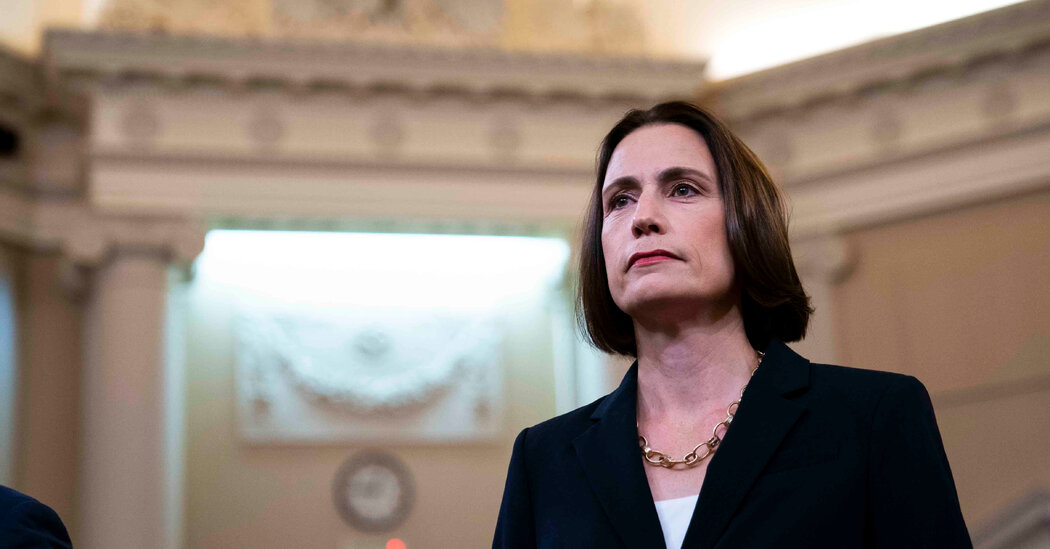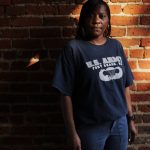
Looked at from afar, Hill’s story seems like a triumphant tale of striving and accomplishment. Born in 1965, she grew up in a “blighted world.” Her father followed the men in his family into the mines when he was 14; as the industry started to collapse in the 1960s, he found a job as a hospital porter. Hill’s mother worked as a midwife. As late as the 1970s, Hill’s grandparents lived in a subsidized rowhouse without “mod cons,” or modern conveniences, including indoor plumbing. Her grandfather had been pierced by the “windy pick” — the pneumatic drill — and had to wear a brace around his pelvis “to keep his battered insides in” for the rest of his life.
Hill recounts all of this with immediacy, tenderness and a good bit of gallows humor. She recalls how the people of Bishop Auckland started calling the crumbling town “Bish Vegas” — finding scraps of comedy in their depleted circumstances was how they reconciled a degraded present with a once-bustling past. She describes working a string of part-time jobs to help her family, including one at a medieval banquet hall, where she had to wear a ruffled costume that kept falling down her skinny frame. Her mother crafted a bosom for her from pantyhose stuffed with tissue — “this worked well enough,” Hill writes, until she slipped on a patch of “wayward mashed potato” and fell to the floor, thereby “dislodging the boobs.”
Costumes are a recurring motif in the book, as are self-deprecating glances at previous humiliations. Growing up, Hill wanted her clothes to disguise her family’s financial need, but they were more likely to give it away. Her mother sewed her a pair of trousers from heavy fabric left over after making window treatments — earning Hill the school nickname of “Curtain Legs.” Hill interviewed for a university spot wearing a homemade skirt with a heraldic pattern and a cardigan that was “nice,” she writes, “if you were 80.” Later, she had the resources to fashion the kind of self-presentation she wanted. She recalls being in a shop in 2019 with her mother, who yelled out: “Hey, Fiona, there are some suits on sale over here — might you need one for that impeachment thingy you’re doing?”
As for that “impeachment thingy,” Hill doesn’t say much about the actual hearings, though she has plenty to say about Trump. Instead of making the usual insider-memoir move of fixating on all the brazenly outrageous behavior — the bizarre comments, the outlandish tweets — Hill notices his insecurities, the soft spots that, she says, made him “exquisitely vulnerable” to manipulation. Yes, she writes, the Kremlin meddled in the 2016 election — but unlike the #Resistance crowd, which insists that such meddling was decisive, Hill is more circumspect, pointing out that Vladimir Putin wasn’t the force that tore the country apart; he was simply exploiting fissures that were already there.
Just as concerning to her was the way that people around Trump would wreak havoc on one another by playing to his “fragile ego” — spreading rumors that their rivals in the administration had said something negative about Trump was often enough to land those rivals on what the president called his “nasty list.” Hill says that watching Trump fulminate made her feel like Alice in Wonderland watching the Queen of Hearts, with her constant shouts of “Off with their heads!” In Hill’s telling, Trump’s norm-breaking was so flagrant and incessant that she compares him, in her matter-of-fact way, to a flasher. “Trump revealed himself,” she writes, “and people just got used to it.”




